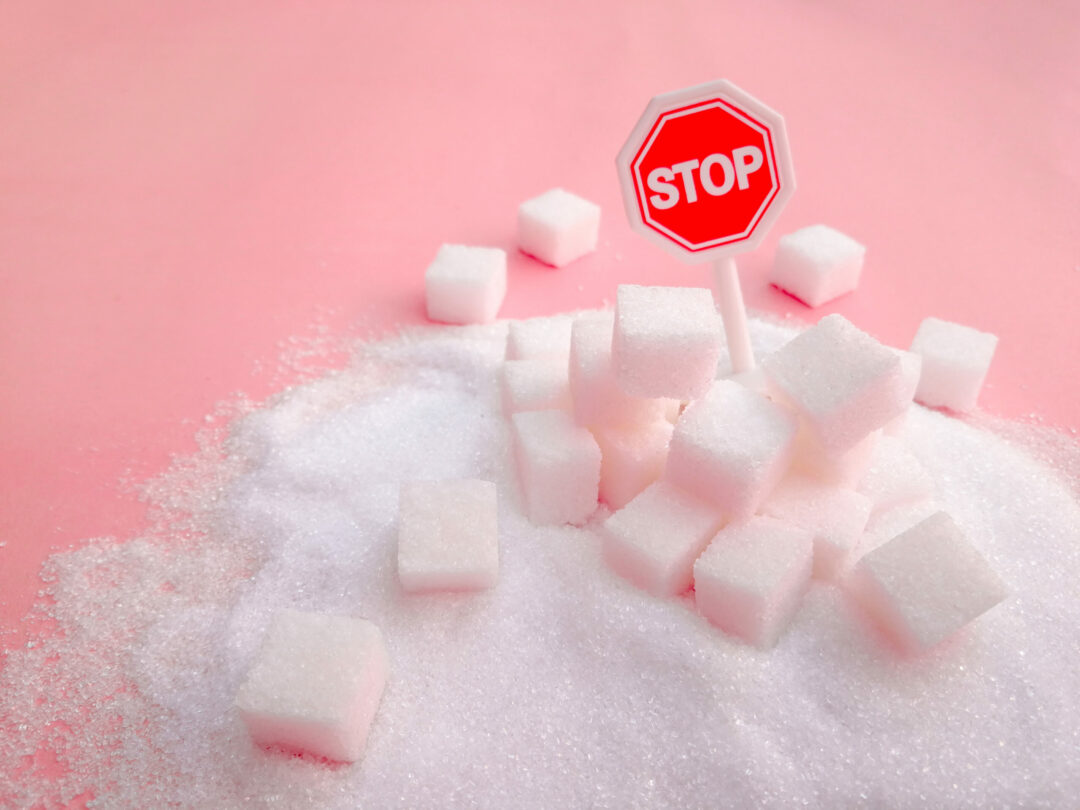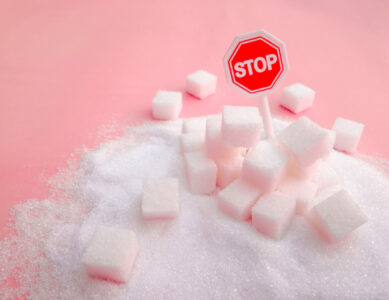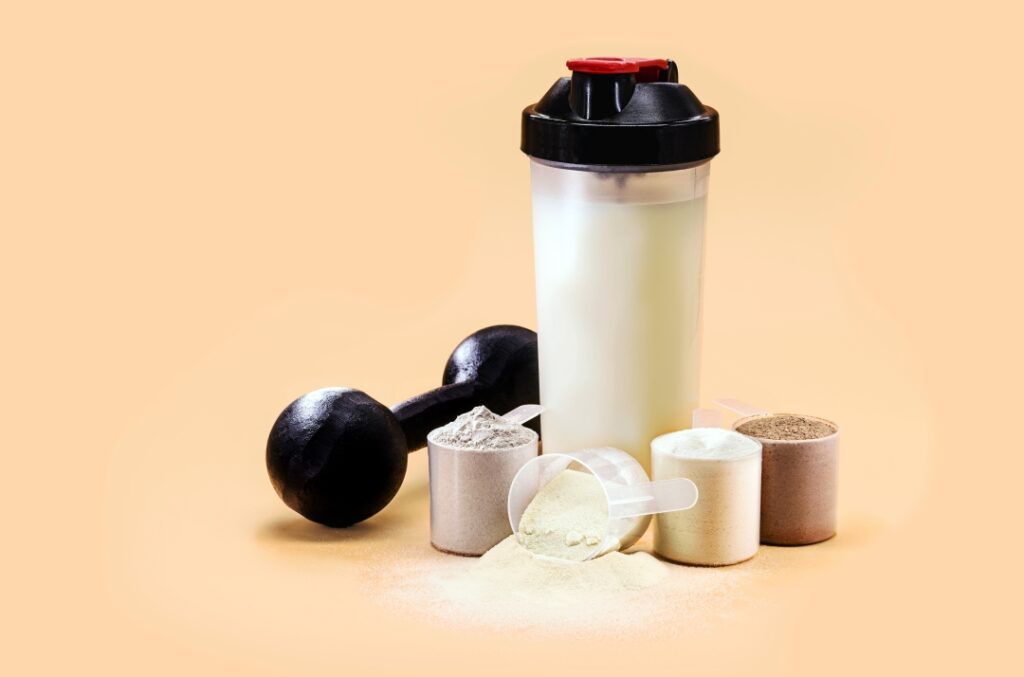With our contribution to the Low carb diet we have already taken a close look at a trend diet. Next, we turn our attention to the low-sugar diet and examine whether it is really so healthy, our bodies can live with so little sugar and whether a low-sugar diet is even realistic in this day and age.
What is behind a low-sugar diet?
As the name suggests, this diet focuses on the amount of sugar per day. The menu therefore consists mainly of foods that contain little or no sugar. But be careful: not all sugar is the same. It comes in many different varieties and also contributes to the many names. Would you like to learn more about the addictive substance? Then read our article "Things to know about sugar" by.
The difference to the "sugar-free" diet is found in the amount of sugar allowed in these diets. While foods with a maximum of 5 g of sugar per 100 g or 2.5 g per 100 ml are allowed in the low-sugar diet, only those containing less than 0.5 g per 100 g or 100 ml count as "sugar-free" foods.

Does our body need sugar?
Especially when it comes to our eating habits, it is worth taking a look at the past and how people ate far before our time. Obesity and diseases like diabetes were probably not as much of a problem in the Stone Age as they are today. Instead, people of that time went hunting and looked for edible berries, plants, mushrooms etc. in the forest. The craving for sugar and something sweet was probably limited there.
It can also be deduced that the human body does not actually need any additional sugar and should manage quite well without it. Our brain and other organs do need glucose, also known as dextrose, to function, but only in certain quantities. Again, our body works admirably because it can produce glucose itself from foods such as bread, potatoes or cereals and thus supply itself with the necessary glucose.
Is a low-sugar diet healthy?
Generally speaking, the less sugar, the healthier.
Since sugar is mostly found in convenience and industrially processed products, the focus of a low-sugar diet should be on unprocessed and above all natural foods such as fruit and vegetables. This does not mean that everything that contains sugar is suddenly taboo. But as already mentioned, consideration should be given to the amount of sugar per day. Of course, there are also differences in convenience foods. So if you do reach for a ready-made product, make sure you check the ingredients on the product and choose the "least evil". At www.bleibwacker.com you will find many healthy products that are not only quick to prepare, but also contain little sugar! For example, why not try our Wacker soups off:

Order our organic creamy soups tasting pack now!
A low-sugar diet reduces the risk of obesity or diabetes. A low-sugar diet not only stabilises blood sugar levels, it also makes you feel fitter and more efficient. Blood pressure also stabilises, a new sense of taste is triggered and skin problems also improve. All in all, one can say: Yes, a low-sugar diet is healthy.
Which foods are a no and which are a go?
Sugar is hidden in many foods, often in places where we do not expect it. As a result, we often eat sugar unconsciously. Too much of something, however, is never good. For example, too much sugar in our diet can develop into addiction-like behaviour. Cravings for sweets, whether during the day or at night, obesity, diabetes and high blood pressure are just a few of the consequences of an unbalanced and, above all, sugar-heavy diet.
To keep your blood sugar levels in balance, you should avoid these "sugar sins" and replace them with healthy alternatives:



A few final tips for a low-sugar diet
If you pay attention to the above foods and stick to the gos rather than the nos, you are well on your way to a low-sugar diet. But working through a list or sticking to a checklist of what you can and cannot eat requires a lot of discipline and stamina. That's why you should also try these tips:
- Cook for yourself and fresh: This tip runs through our lives like a mantra and should not be underestimated. Because if you cook fresh and yourself, you simply know what's going on your plate and have an overview of your sugar consumption.
- Eat regularly: Even if you think it doesn't matter when you eat, as long as you stick to the amount of sugar per day, that's only half right. Our body functions according to an "internal clock". The more you disturb it with irregular meals or sweets in between, the harder it is for your metabolism and the desire for sweets overcomes you.
- Drink enough water: We should drink 2 - 3 litres of water or tea every day. This fills the stomach, boosts the metabolism and ensures that your body functions well.
- Get some sleep: During our sleep phases, our metabolism works at high pressure. The longer our sleep phases are, and thus also our meal breaks, the more our body can rebuild and break down. Too little sleep also leads to more hunger during the day, because the body wants to compensate for the missing energy.
- Get out: If you sit in an office all day or don't get enough exercise throughout the day for other reasons, try to get yourself up, set a reminder or grab a friend and go out for at least 30 minutes of fresh air every day. Fresh air and exercise is especially recommended for diabetes patients because it has a positive effect on blood glucose levels.
- Celebrate your successes: You can only do this if you are aware of it and record it somewhere! If you find it difficult to document the amount of sugar you consume each day, download an app on your smartphone that does just that for you and records the amount of sugar you consume each day. This way you can keep track and see your successes in black and white!
Image Stop Sugar: Adobe Stock, Nitiphonphat, #254386121
Image Food No's and Go's: Adobe Stock, juliaudnitskaya, #361270105
Sources: AOK, NDR, Barmer, Utopia, MDR




